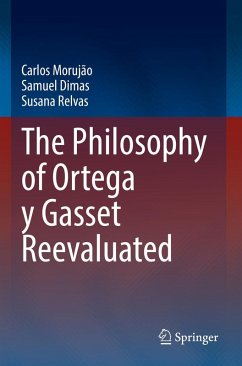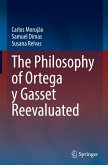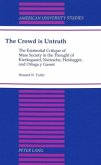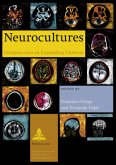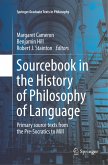The present text surveys and reevaluates the meaning and scope of Ortega y Gasset's philosophy. The chapters reveal the most important aspects of his history such as the Neokantian training he went thru in Germany as well as his discovery of Husserl's phenomenology around 1912. The work also covers his original contributions to philosophy namely vital and historical reason - and the cultural and educational mission he proposed to achieve. The Spanish - and to a certain extent the European - circumstance was the milieu from which his work emerged but this does not limit Ortega's scope. Rather, he believed that universal truths can only emerge from the particulars in which they are embedded.
The publication in 2010 of a critical edition of his Complete Works opened worldwide access for many unpublished manuscripts, and some of his lectures. There is renewed interest among students and researchers in Ortega and this book uniquely delivers scholarship onhis content in English.
The publication in 2010 of a critical edition of his Complete Works opened worldwide access for many unpublished manuscripts, and some of his lectures. There is renewed interest among students and researchers in Ortega and this book uniquely delivers scholarship onhis content in English.

